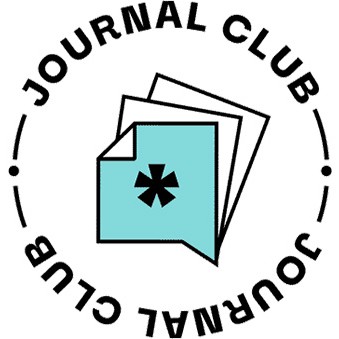The articles and resources published by each SMC are shared with the rest of the network members, who can translate and publish them in their own outlets.
All network members share the same goal: to provide evidence-based context when news with scientific content hits the media.
We are part of the international SMC network, which has six members spread across different countries. Its origin lies in the creation of the UK SMC in 2002. If you want to create a Science Media Centre in your country, check the requirements on the network's website.

Each SMC that joins the global network adheres to a common statute that includes the following guiding principles:
To inform public debate and discussion on the major issues of the day by injecting evidence-based science into headline news.
SMCs:
- Encourage critical and accurate reporting of science in the mainstream media by helping journalists understand and more effectively report on complex or controversial issues;
- Help the media, and ultimately the public, to access the best science more easily;
- Encourage, train and facilitate more scientists to engage with the media;
- Assist media officers to present their research in an accurate and responsible manner.
- SMCs are not-for-profit independent organisations that work collaboratively with each other and with the media and scientific institutions within their own countries;
- SMCs work proactively, providing credible expertise and commentary on breaking news, and providing context to complex or controversial public issues.
- SMCs provide their services on a regular and ongoing basis, engaging actively with each other, and reflecting the ethical and professional standards of the network and this charter.
The philosophy of all SMCs includes:
- Championing evidence-based science in media reporting;
- Encouraging and supporting research scientists and organisations to engage openly and proactively about their work even when it is complex and controversial;
- That the media will “do” science better when scientists “do” the media better;
- Acknowledging that public debate is fundamental to a healthy society and that science has an important role to play in informing public debate with evidence.
- The unique feature of all SMCs is that they are independent of any one institution. An SMC can be hosted by another institution but must maintain operational independence through independent governance and editorial decisions.
- The remit of an SMC is to reflect the best available science; they do not have any specific agenda other than to promote the reporting of evidence-based science.
- A relationship with funders that protects independence is crucial in the operation of SMCs. Existing SMCs have achieved this through;
- A multi-funder model, with a capped upper limit on donations;
- A constitution or agreement that ensures the independence of the Centre.









